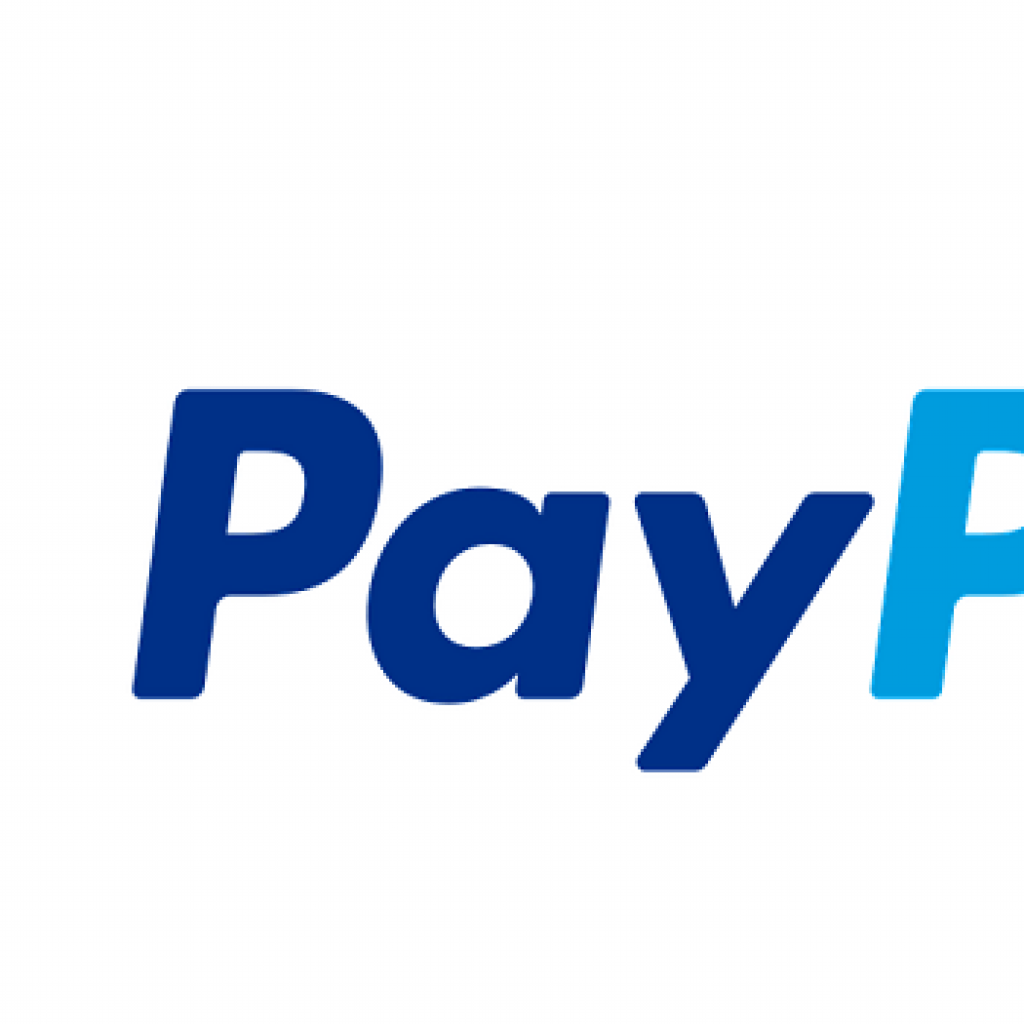
Today PayPal is one of the biggest businesses in the money transfer industry making a revenue of $15.45 billion a year and processing $578 billion in payments annually. A great number of businesses rely on this service to receive and send payments abroad, thus greatly increasing their opportunities. Small businesses, in particular, benefit from it.
With PayPal now launching a financing service the influence of this company will definitely increase further. Even at the stage it is now, it rivals banks and has an even wider reach in some areas. However, for all the benefits it offers, the company also charges high fees and has some other issues, which should make its customers hesitate and look for alternatives whenever possible.
PayPal Pros and Cons for Small International Businesses
Small businesses that want to go international make up a very big part of the PayPal’s customer pool. This is because the platform offers the easiest way of both receiving and making overseas payments. As it’s an accepted payment method for the majority of top online retail platforms, using PayPal is often a necessity for anyone who wants to sell their wares abroad.
Therefore, the main benefits of PayPal for small businesses are:
- Way to accept payments from customers abroad
- Fast money transfers
- Easy payments to and from multiple countries
However, it’s not all good when it comes to using PayPal when you take your small business global. The biggest issue is, of course, the fees. According to PayPal’s website, the fees charged by the company look rather reasonable at first glance. However, if you dig deeper, you’ll see that those fees will start growing fast, and sometimes you won’t even be able to see why.
Unfortunately, “hidden” charges are a common practice for international money transfer businesses, be they banks or online platforms. There is also no way to deny that for all that PayPal fees are high, they are mostly lower than what’s offered by banks. Therefore, using this service is sometimes the only way for small businesses to deal internationally at all. However, many emerging online money transfer companies offer better rates, which gives these businesses a better alternative.
But PayPal is a progressive business and it isn’t just standing there waiting to be overwhelmed by competitors. Instead, it rolled out an additional service that made even more small businesses rely on this company.
PayPal Working Capital: Is It Right for You?
The service that solidified the fact that PayPal is turning into a major “banking facility” is the PayPal Working Capital. It’s a type of capital financing that can provide businesses with active PayPal accounts some money to help them grow. The loan is offered on the basis of the business’s profits and its amount is determined by the total volume of payments that one receives through PayPal. The maximum you can count on if eligible is 35% of that amount.
In all the most important ways, PayPal Capital Financing works like any other small business loan. However, there’s a very important distinction, which might make this type of financing both good and bad depending on the situation.
Unlike a loan, you don’t get charged interest rates in the traditional sense. Instead, PayPal will charge a fixed sum based on the amount of money you take out and the projected profits. The payout structure is also quite a bit different from a regular loan.
The point is that these differences make it quite costly to take out a large amount of PayPal Capital Financing. Business is always a risk and should your venture not perform as well as you expect it to, this type of debt will be all but impossible to pay off.
There’s also one very important thing any business owner must understand before they apply for PayPal Capital Financing.
PayPal is not a bank and therefore doesn’t comply with the regulations set for these financial institutions.
This means that the legal safety net you can count on when dealing with bank loans doesn’t exist with PayPal. Yes, the fees on offer might be somewhat lower, but the risks are much greater. This is even more of an issue when you take into account the many reports of PayPal customer service issues.
It’s quite common for PayPal accounts to be blocked for “suspicious activity” with no warning or reason whatsoever. It might take businesses days to get their accounts unblocked. During this time, they won’t be able to manage their funds or make and receive any payments. For a small business, especially one with a capital loan to pay out, even a few days of delay can be a disaster. A disaster they won’t be able to recover from.
As PayPal financing isn’t regulated as bank financing is, you won’t be able to go to court in order to get some compensation or change the terms of the loan. Therefore, you must consider all the risks and weigh them against the advantages carefully before you commit to taking loans from PayPal.
